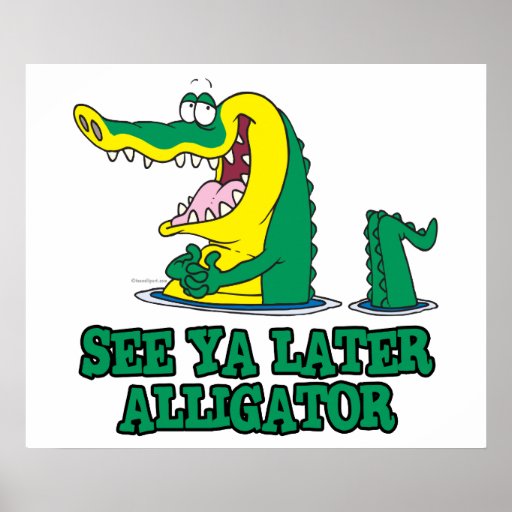Cuban Slang Words and Phrases

Most if not all countries of the world have their own little expressions commonly known as slang. For us kiwis we have words such as ‘tramping’ (hiking to most other people, ‘jandals’ (footwear aka thongs, flipflops etc), ‘munted’ (broken), togs (swim suit), diary (local corner shop), tiki tour (a scenic drive), dodgy (someone or something that shouldn’t be trusted), stoked (really happy about something) etc. Hear those words and you know that you’re home or in the presence of another kiwi 🙂
Cuba is no different and if you’re planning a visit you will likely hear some of these words and phrases that likely come up in any regular Spanish lessons or in any language text book. Listen out for them on your visit or throw a few into your conversation to impress the locals 🙂
1. ¿Qué bola? What’s up?
You probably know ‘¿qué tal? as the Spanish way to say ‘what’s up?’ but ¿qué bola? is the Cuban equivalent and is by far one of the most popular Cuban phrases.
Use it when you see someone that you’ve made friends with ….
¿Oye qué bola?” = “Hey, what’s up?”
2. Acere or asere – this is a bit like ‘bro’ or ‘homey’ a very familiar expression for ‘friend’ mainly used for males but sometime heard between women.
. “¿Acere, que bola?” = “Bro, what’s up?”
3. Camello – a bus in Cuba is referred to as a camel. You can probably see why from the picture 🙂
.jpg)
And if you happen to be riding on ‘un camello’ then watch out for our next word …
4. Jamonero A creepy, touchy-feely guy. This term commonly refers to a man who tries to grope girls on the crowded camello buses.
5. Punto Now this would be along the lines of the kiwi ‘dodgy’ and is used to describe someone as being a bit of a weirdo.
“Ese es tremendo punto.” = “That guy’s a real weirdo.”
6. Dale is a common slang expression that you’ll hear in many Latin American countries and Cuba is no different it can mean anything from ‘come on’, ‘hurry up’, ‘go for it’, ‘hit it’ or ‘let’s go’.
7. Qué paragüero! – What a bad driver! Use this one in a taxi after a near collision and your driver will be very impressed.
8. Qué pasa comparde? – What’s up buddy?
9. La Yuma is how Cubans refer to the USA but ‘yuma’ by itself can also be used to refer to a white foreigner as an alternative to gringo.
10. Arranca! – Get going!
11. Blume – slang for undies / knickers.
12. Hay que hacer la cola! – Get in the queue! (lit. You have to get in the queue.)
If someone says this to you you have probably just pushed in a queue that you didn’t know existed.
13. Tipo in many other countries just means guy the way we can use it in English but in Cuba it usually carries a slightly negative or derrogative connotation
“Ese tipo no sirve.” = “That guy sucks.”
14. La pincha – work
Me voy para la pincha – I’m going to work.
15. ¡Tu maletín! That’s your problem (literally, your briefcase)!
16. ¡Me resbala! I don’t care! (lit. it slides off me).
Cultural Note:
There are a couple of fruit related phrases that one needs to be aware of when visiting Cuba.
17. Frutabomba Papaya.
Why don’t they just call it a papaya? Well, because papaya in Cuban slang means something a little different.
18. Papaya Vagina.
Yes, as I was saying, good to be aware of these things.
19. Tremendo mangón. Hottie
If you’re a guy someone may say this to you, if so take it as a compliment, they’re not really saying that you’re a giant mango – it means they think you’re hot!
“Ese hombre es tremendo mangón!” = “That guy is so hot!”
NB: Girls may also receive a mango comment which also means ‘hot’ as in ‘smokin’ 🙂
“Esa jeva es un mango!” (That girl is super hot).
20. Me tienes hasta el último pelo: You’re driving me crazy!
Lit. You have me up to the last hair. I can’t take much more.”

And to finish up – you know the ‘see ya later aligator’ …. ‘in a while crocadile’ farewell that you used to say as a kid? Well here’s the Cuban equivalent.
22. ¡Chao pescao! (lit. Goodbye fish!)
and the response …
23. …¡Y a la vuelta picadillo! (lit. and next time mince meat!)
Apparently these sayings come from the old ration cards that would give you fish for the first 15 days of the month and then meat for the rest of the month.
I hope you’ve enjoyed this post on Cuban slang and that it helps you understand the locals better and enjoy your stay even more when visiting this amazing country!
If you’d like to listen to the Cuban accent you may enjoy a couple of Cuban entertainers. (notice how Cuban’s love to drop their s’s)
Cubans also love to turn their R’s into L’s, particularly at the end of words and they will often complete miss out the letter ‘d’ turning words like pescado (fish) into pesca’o.